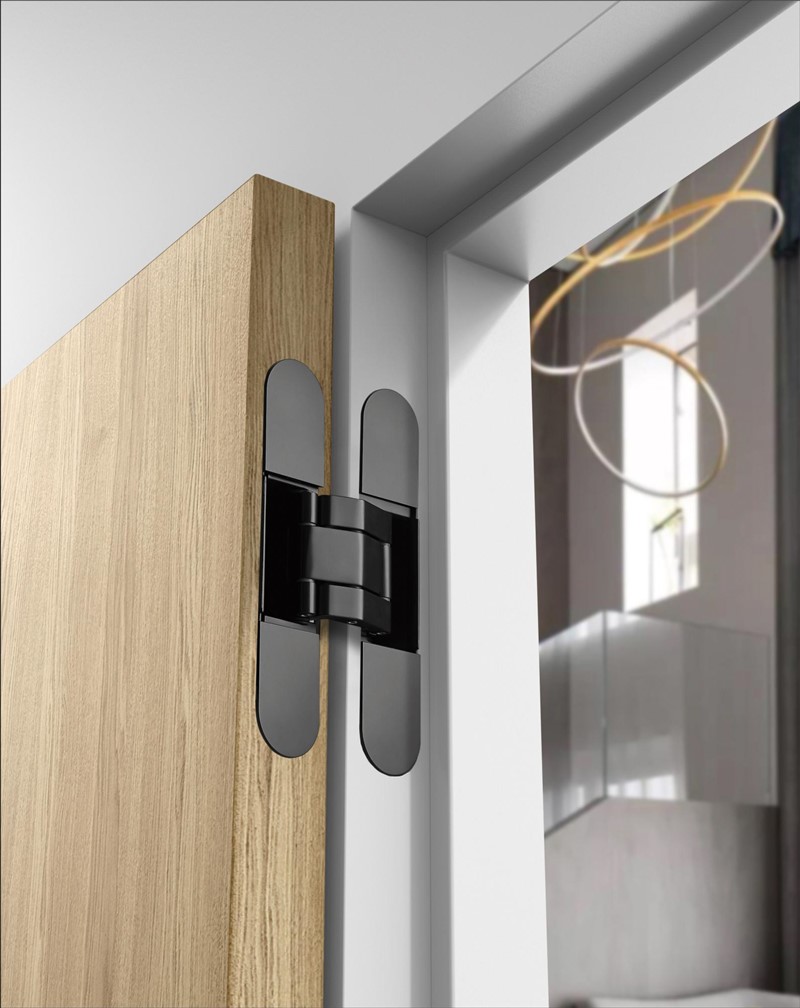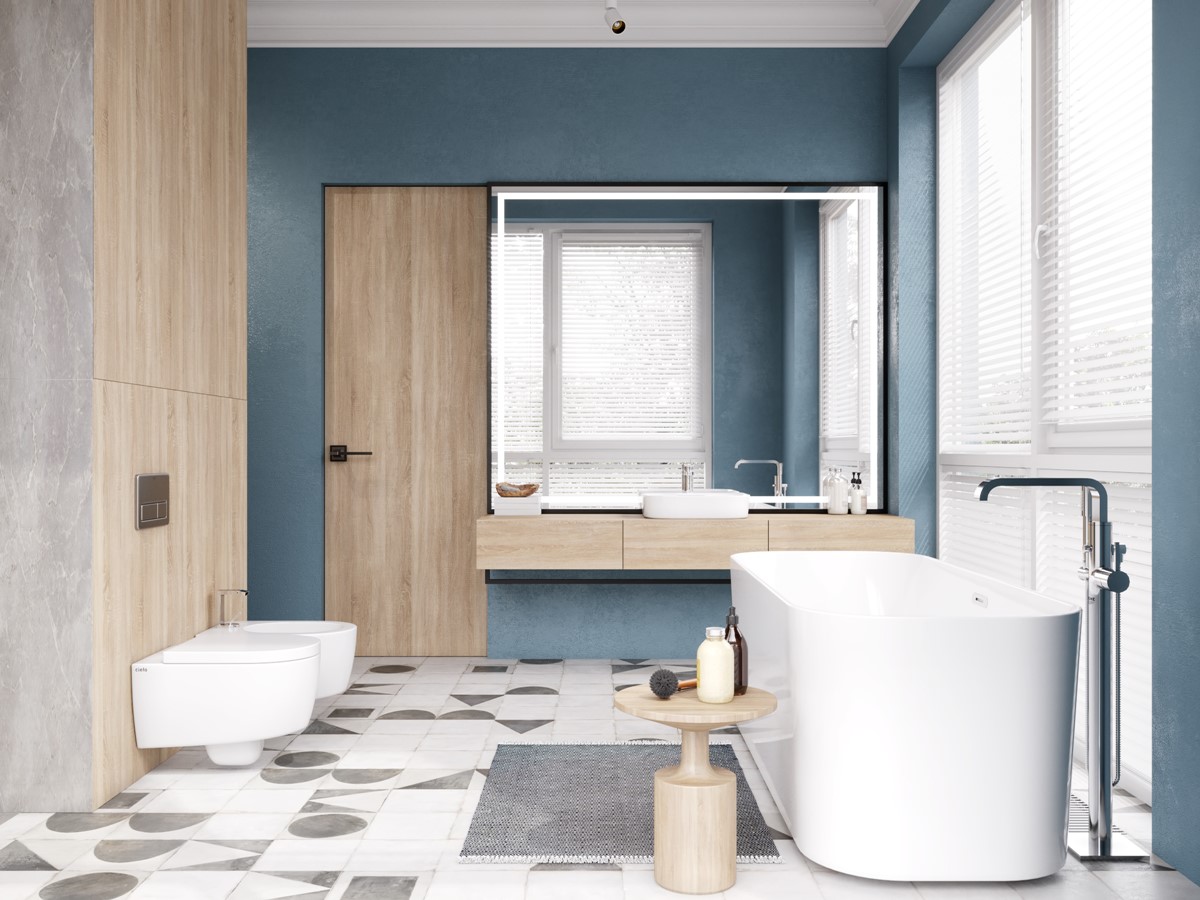Using too few hinges is a common, costly mistake that leads to sagging doors, stripped screws, and cracked frames. The right number of hinges is critical for door stability and longevity. This definitive guide explains how many hinges your door truly needs.
Why Hinge Quantity Matters
The Key Factors Determining Hinge Quantity
It’s not one-size-fits-all. The number depends on:
Door Height & Weight: Taller, heavier doors need more support.
Door Material: Solid core doors are much heavier than hollow ones.
Frequency of Use: A high-traffic entry door requires more robust support than a closet door.
A Simple Hinge Quantity Rule of Thumb
Follow this industry-standard chart for guidance:
|
Door Type & Size |
Recommended Number of Hinges | Notes |
| Standard Interior Door (Up to 80″ / 2000mm high) | 2 Hinges | Standard for most lightweight hollow-core doors. |
| Solid Wood/Heavy Door (Up to 80″ / 2000mm high) | 3 Hinges | Crucial to prevent sagging under the weight of solid wood. |
| Tall Door (80″ – 96″ / 2000mm – 2400mm) | 3 Hinges | The increased height creates more leverage; a middle hinge adds critical support. |
| Extra Tall/Heavy Door (Over 96″ / 2400mm) | 4+ Hinges |
Essential for large entrance or oversized doors. Consult a professional.
|
Why Three Hinges Are Often the Smart Choice
For any solid core door or door nearing 80 inches, installing a third hinge is the most cost-effective insurance policy you can buy. It:
Prevents Sagging: The middle hinge supports the weight, keeping the door aligned.
Reduces Stress: Distributes the load evenly across the frame, preventing screws from pulling out.
Fights Warping: Provides an extra anchor point, helping the door resist warping over time.
Proper Hinge Placement
For 2 Hinges: Top hinge 5-7 inches from the top of the door; bottom hinge 7-10 inches from the bottom.
For 3 Hinges: Top and bottom hinges placed as above. The third hinge must be perfectly centered between them.
Quality: The Other Half of the Equation
You can install four cheap hinges and still have a door that fails. Hinge quality is just as important as quantity. Weak hinges with thin metal, poor screws, and bad bearings will bend and fail under pressure.
This is where IISDOO provides an unmatched advantage. As a manufacturer with control over our entire production line, we ensure every hinge is engineered for maximum strength and durability. Our hinges are constructed from:
Premium Materials: High-grade steel or 304 stainless steel that won’t bend or sag.
Superior Bearings: For smooth, quiet, and reliable operation for years.
Precision Engineering: Perfectly machined for a flawless fit, eliminating play and wobble.
With IISDOO, you can be confident that each hinge carries its full share of the load. Our quality ensures your door will hang straight and operate smoothly long after installation, giving you true worry-free performance.
Conclusion: Build for Longevity
Don’t cut corners. Installing the correct number of high-quality hinges is a simple step that protects your investment in your doors. When in doubt, adding an extra hinge is always a wise decision.
Need Expert Advice?
FAQ:
Q: Can I add a third hinge to an existing door?
A: Yes, it is a straightforward job for a carpenter or experienced DIYer to mortise and install a new hinge.
Q: My solid wood door has two hinges and is sagging. What should I do?
A: The best permanent fix is to install a third, high-quality hinge in the center. This will redistribute the weight and allow you to re-align the door.
Post time: Sep-15-2025



